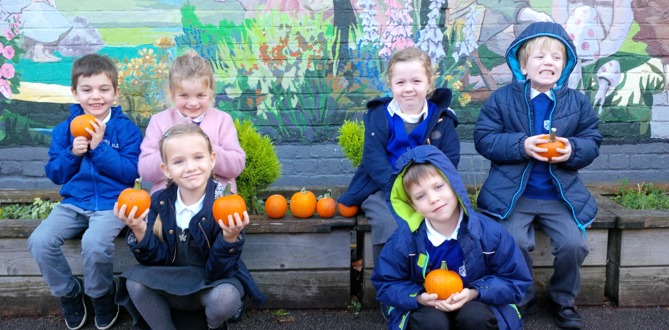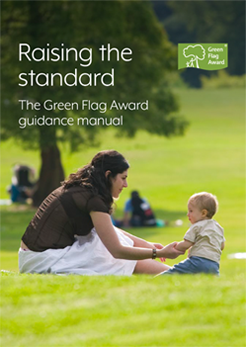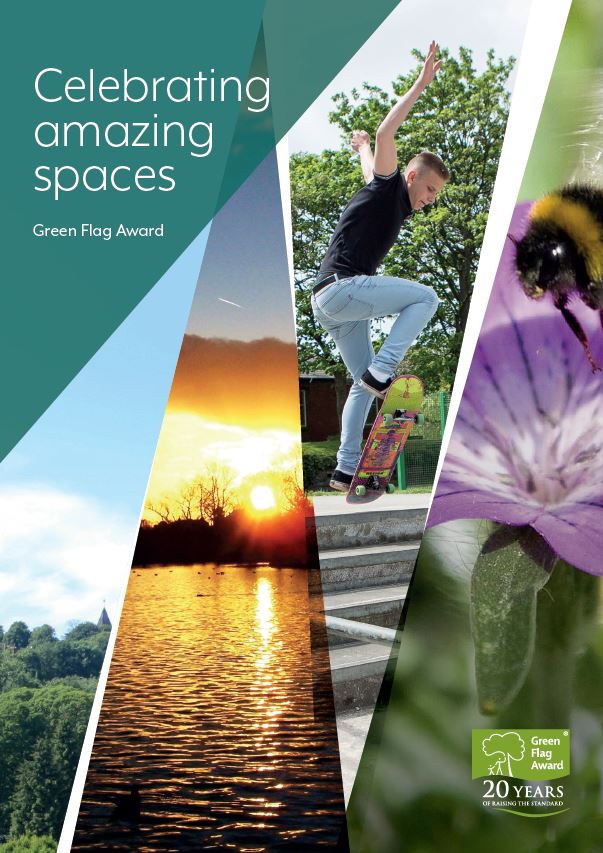12 January 2018

The Green Flag Award celebrates the very best, most well-managed parks and green spaces in the country. Places that are constantly looking to improve their sites now and for future generations. Staff and volunteers are trying new ideas, taking risks, and involving others to improve their sites.
Each year we celebrate the very best innovations occurring across Green Flag Award sites, with our Special Innovation Awards. And each week we are sharing the winners' stories, including Warwick District Council's Jephson Gardens and Mill Gardens.
Over the past years pollinators have been in the news and our thoughts - with worrying stories in the media, most parks now consider them in their planting. But these award-winning gardens have taken it a step further - taking a holistic approach to encouraging pollinators across the whole park.
In their different gardens, pollinator-friendly plants range from 90-100% of the total planting, with plants chosen to provide food year-round, even in the winter months. There are also numerous 'bug hotels', including standing deadwood, integrated into the sensory experience for visitors.
The whole garden is built around inspiring and informing visitors about pollinators and their importance. Plants are labelled with 'pollinator-friendly' logos, signs all around the park raise awareness further and small sub-spaces show how much can be achieved in a small area.
As well as talking to their visitors, the gardens are involving the next generation too, by working with local schools. Last year 250 school children grew 50 pumpkins for the sensory garden. They learnt about the importance of growing pumpkins as a food source for insects, then harvested the crop and took them back to school for cookery and craft activities.
Through these projects areas of the park have gone from deserted, unused bare patches of land to some of the area's most popular attractions. Children especially love exploring the gardens, which double as a great habitat for pollinators.
By thinking of the pollinators with every decision, this park has created a win-win, for people and for wildlife. Through inspiring others, the benefits of this great space are spreading even further afield.




